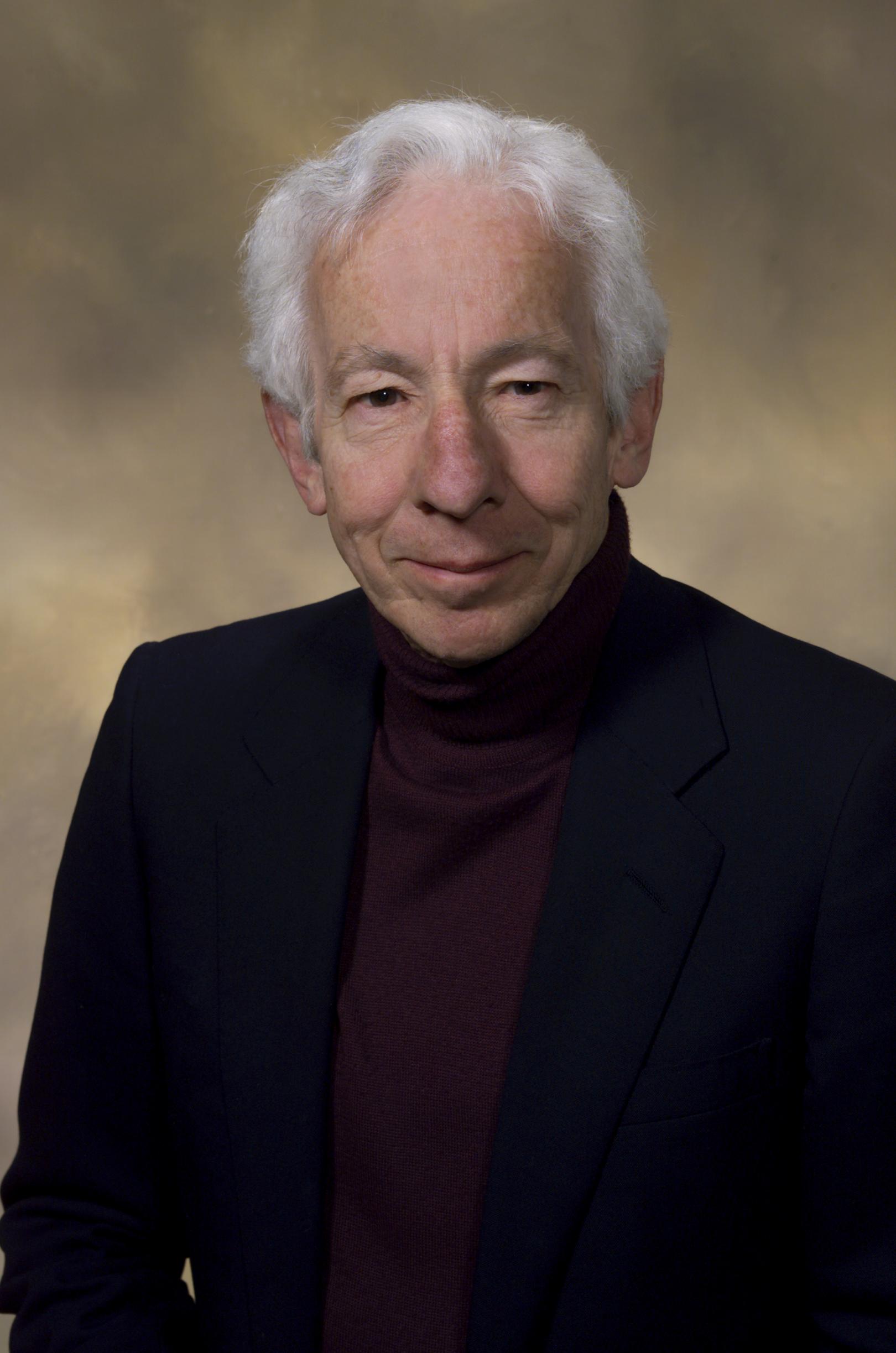
Early DNA research fell prey to numerous incorrect assumptions simply because no one could watch proteins and replication systems work in vivo. But Stephen Benkovic brought tools together from numerous fields to create a mechanistic understanding of how these tiny systems operated. With decades of dedicated focus, he unraveled innumerable details about DNA replication and other protein-driven cell functions.
Benkovic received both a B.S. in chemistry and an A.B. in English literature from Lehigh University in 1960. He then went to Cornell for his graduate work in organic chemistry, with a minor in physical chemistry and biochemistry, earning his Ph.D. in 1963. After two years at University of California Santa Barbara as a post-doc, Benkovic joined the chemistry department at Pennsylvania State University, where he is currently Evan Pugh Professor and Eberly Chair in Chemistry.
After early research identified the enzymes responsible for copying and replicating DNA, Benkovic chose to study the precise mechanisms of these enzymes through every step of the process (as opposed to previous work that only examined the end results of the replication). Using methods from physics, chemistry, and biochemistry, he tackled the detailed physical mechanics of enzymes in a way that no one had been able to do. He soon discovered that many tightly-held assumptions were incorrect. Not only did he describe a brand new version of DNA replication, but he also discovered that these enzymes played additional roles within cells, such as aiding DNA binding. Focusing on DHFR, another enzyme that initiates important cell chemistry, Benkovic discovered the unknown fact that every stretch of the enzyme was crucial for the process—not just the "active-site" that bound to other molecules—a critical insight for molecular biologists. Another major area of Benkovic's research has been on multi-enzyme systems, specifically studying DNA replication in T4 phages, a virus which can infect E. coli. He has charted the assembly, the functions, and the disassembly of the workhorse replication enzymes and their many applications within the system, providing deep insights into this multi-faceted protein machinery. Other focuses for Benkovic include investigating the enzymes that synthesize purine—a crucial building block for both DNA and RNA—and studying the mechanisms of enzymes in antibiotic-resistant bacteria.
Benkovic has received numerous awards including: the Pfizer Award in Enzyme Chemistry, the Gowland Hopkins Award, the Repligen Award for Chemistry of Biological Processes, the Alfred Bader Award, the Christian B. Afinsen Award, and the Nakanishi Prize. He is a member of the National Academy of Sciences and the National Academy of Sciences Institute of Medicine.
Information as of April 2009

